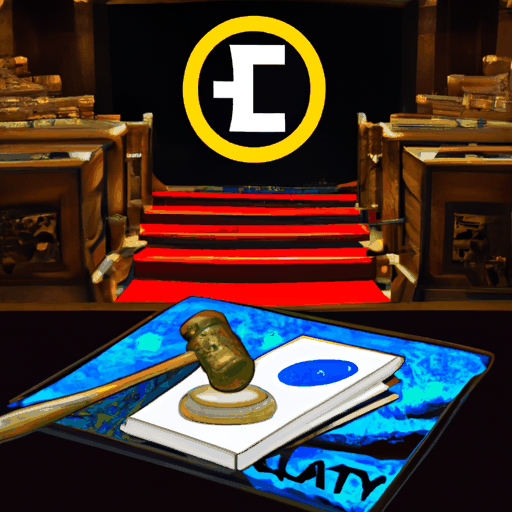
NFT Artists Pay $1.6M to Yuga Labs in Lawsuit, Scammers Simulate Crypto Sites
By: Isha Das
In recent crypto developments, two non-fungible token (NFT) artists, Ryder Ripps and Jeremy Cahen, have been ordered to pay Bored Ape Yacht Club creator Yuga Labs $1.57 million over a copyright lawsuit, stemming from the alleged creation of copycat versions of Yuga Labs' Bored Ape Yacht Club collectibles. Additionally, in an unsettling trend, crypto phishing scammers have cloned the websites of crypto media outlet Blockworks and Ethereum blockchain scanner Etherscan, in an attempt to hoodwink users into connecting their wallets to a crypto drainer.
The court case between Yuga Labs and the NFT artists was seen as an 'exceptional case' of trademark infringement. The artists were also mandated to pay for Yuga Labs’ legal fees. Turning to the phishing scams, the fake Blockworks site displayed a fictitious 'BREAKING' news article regarding a multi-million-dollar 'approvals exploit' on Uniswap, urging users to a counterfeit Etherscan website to rescind approvals. The faked Etherscan malcontent, instead, contained a wallet drainer that hoped to flush wallets with at least 0.1 ether, equivalent to $180.
In an alarming third news story, recent research reports have accused the act of watermarking AI-generated content of inefficacy, suggesting a potential vulnerability in pinpointing deepfake multimedia dissemination. Interestingly, watermarking is generally applied as a defensive measure against deepfakes. Further probing into the claims is reccommended to establish the credibility and extent of the threat.



